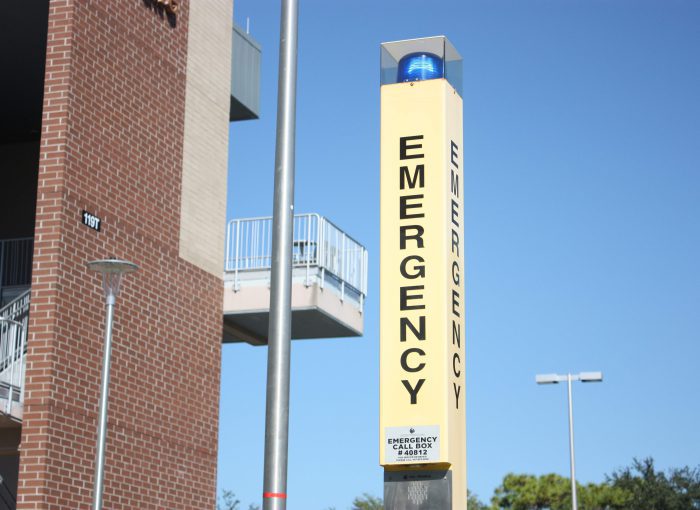by Madison Glaister
When it comes to sexual assault on college campus, 90% of sexual assaults actually go unreported. Often in the media we hear cases about sexual assault, especially today with the Me-Too movement. The statistics today are frankly disgusting: about 1 in 5 women are sexually assaulted, and 1 in 16 men are victims of assault as well. Of course, these are only the general statistics, and it got me wondering what the numbers were specifically on my college campus.
After some research, I was able to find numbers on sexual assault, dating violence, and stalking in UCF’s safety handbook. According to the 2017-2018 handbook, the number of reported assaults on the main campus between 2014-2016 totaled 54. For dating violence, the numbers totaled 58, and for stalking it totaled in 57. Reading these numbers terrifies me. UCF is my school, the place where I’m supposed to be safe.
It’s natural to feel uneasy and easy to delude yourself that it may never happen to you. I didn’t want to feel this way, so I looked to see if UCF offered any classes or advice as to what to do to help prevent these situations. I was able to find that UCF offers multiple programs to help raise awareness and educate students on these dangers. January is stalking awareness month, and they held multiple tabling events throughout the month. Also, April is sexual assault awareness month, and they have multiple opportunities for you to learn about victim rights.
Hearing the phrase “victim rights” caught my attention. Of course, you can try your hardest to prevent sexual assault, but there is never any guarantee. I wanted to know what my options were, and what the process would be like for me if I ever faced one of these situations. UCF has a whole section in their safety handbook on student rights, and what procedures victims can take if they desire to take action.
If assaulted, the victim has the right to file a report with the police. Regardless of what the victim decides to do about reporting, UCF still assists the victim and provides support and care. If you decide to file a report, the police will not only assist in helping you get the care you need physically and mentally, but they also work to change housing and classes. They also will assist you in filing any contact or restraining orders and make sure to uphold any of these obtained orders.
When it comes to the rights of the victim, there are multiple key points that UCF emphasizes. The victim has a right to confidentiality – the victim’s name or any other identifying information will always be confidential. Even after reporting, the victim has the right to ask to have their files removed from any public file by simply putting in a request at the registrar’s office. Another important factor is an impartial investigation and resolution.
“You can expect a fair just process as your complaint is handled, either through the Office of Student Conduct or Title IX coordinator.”
Another important thing UCF mentions is that during a hearing “a student may not have her or his irrelevant past conduct, including sexual history.” If you’re interested in learning more about your rights as a student you can find them at www.shield.ucf.edu.
In today’s society, it’s hard to feel safe, it’s even harder to get the help you need if you’ve ever been put into one of these situations. After reading through UCF’s procedures and the assistance provided for these cases, I feel a bit more relived. If you or someone you know has been impacted by sexual violence they can call the 24/7 hotline at 407-823-1200.






